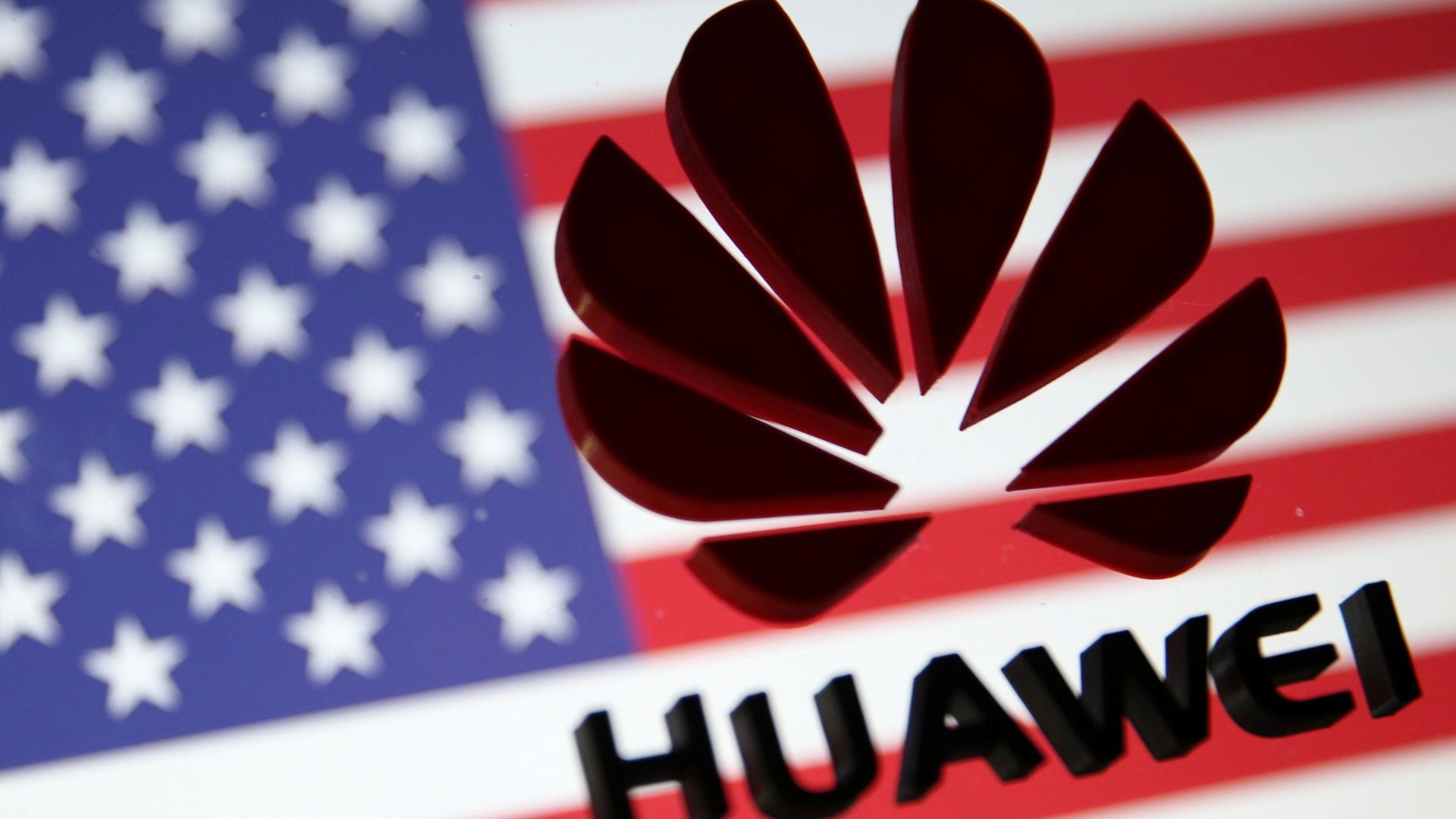The US-China trade war and the Huawei extradition suddenly face the same deadline
On Dec. 1, the day that presidents Donald Trump and Xi Jinping met in Buenos Aires to defuse US-China trade tensions, Huawei’s CFO Meng Wanzhou was arrested in Canada, at the request of US authorities. Then, as a Chinese delegation arrived in Washington this week to prep for high-level trade talks, the US Justice Department charged Huawei and Meng with a number of crimes, and put in a formal extradition request for Meng with Canada.


On Dec. 1, the day that presidents Donald Trump and Xi Jinping met in Buenos Aires to defuse US-China trade tensions, Huawei’s CFO Meng Wanzhou was arrested in Canada, at the request of US authorities. Then, as a Chinese delegation arrived in Washington this week to prep for high-level trade talks, the US Justice Department charged Huawei and Meng with a number of crimes, and put in a formal extradition request for Meng with Canada.
In yet more coincidental timing, the fate of the US-China trade war and Canada’s decision on the US extradition request could well come at the same time.
At their Buenos Aires meeting, Trump and Xi agreed on a temporary truce after months of tit-for-tat tariffs, and to try to work out a longer-term deal by March 1. In the meantime, China offered some concessions to the US, such as lowering duties on American cars, while the US delayed a plan to increase some tariffs on Chinese goods on Jan. 1.
Given the interlinked timing of key developments on trade and on the Huawei investigation, it’s unsurprising that many in China see a clear connection between the two, and suspect the legal action against Huawei is meant to force China to give up more than it otherwise would. This week China’s foreign ministry accused the US of “deep political intentions and manipulations.”
Citing the situation of Huawei, one user of the microblog platform Weibo said (link in Chinese), “If there are still people who have illusions about the independence of the US judiciary and the separation of the three powers, it’s stupid. For the sake of national competition, even sacred justice can be used as a weapon.”
The US and Canada, meanwhile, have been at pains to assure China and the world that investigations into Huawei are the result of an impartial legal process, and not politically driven. Canada fired its China envoy over remarks last week that Meng could fight her extradition by citing Trump’s political involvement.
The timing could genuinely be coincidental. The investigation into Huawei’s dealings with Iran via an entity called Skycom predates Trump’s election by several years, and may have been spurred by Reuters reports that the two companies were quite closely linked, putting Huawei in violation of US sanctions. Huawei has denied any wrongdoing.
Meanwhile, the timeline of the extradition process in Canada is determined by extradition treaties and Canadian law. The US only just formally requested Meng’s extradition—it had 60 days from her arrest to do so and the last-minute timing might have been due to the partial US government shutdown. Now, Canada has 30 days to approve or reject extradition hearings for Meng.
Still, Trump hasn’t done a lot to help the US stance that this case is purely a law enforcement action, and has sown confusion about the lines between the trade war, tech frictions with China, and US legal processes. In a Reuters interview soon after the arrest, he suggested he’d be willing to use Meng as leverage to get a better deal from China. And last year, at a time when he was seeking more pressure from China on North Korea, Trump intervened to give Chinese telecom firm ZTE a lifeline, after the US Commerce Department found that it had violated the terms of a settlement related to its own sanctions violations, leading it to be barred from sourcing US components.
The trade tensions stem from American anger over China’s support to state-run firms and national champions—like Huawei—which Washington says makes it impossible to compete, especially when theft of intellectual property is added to the mix. China has said it has the right to decide how it supports domestic firms, and that it has taken many steps over the years to improve intellectual-property protection. If the US feels it hasn’t received enough concessions from China by March and no deal is made, China faces higher tariffs on some goods, and new tariffs on billions of dollars worth of others.
Echo Huang contributed to this article.